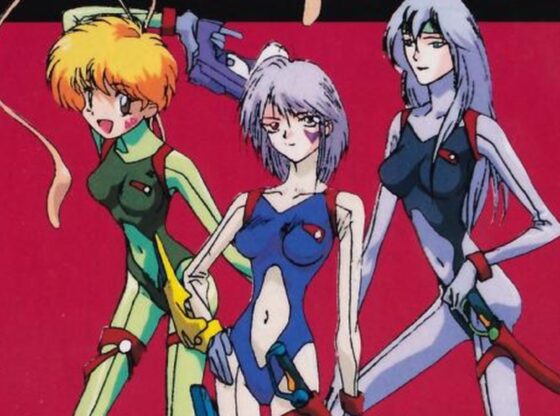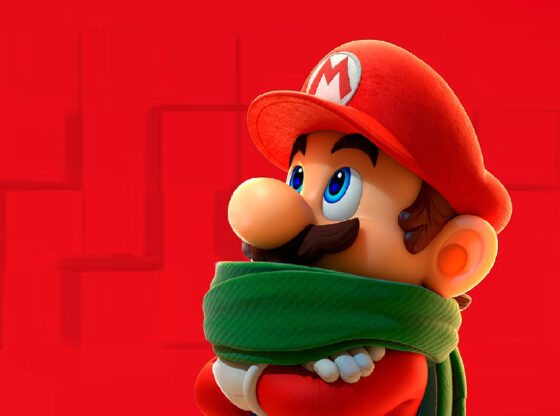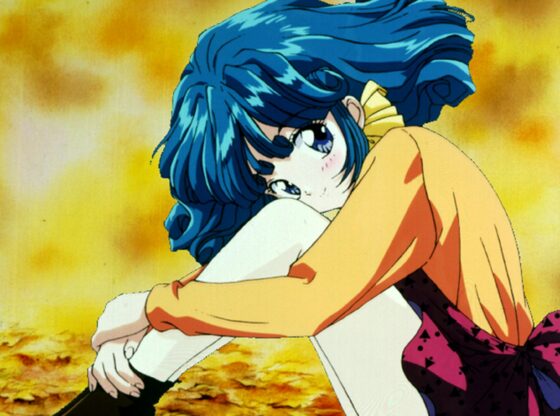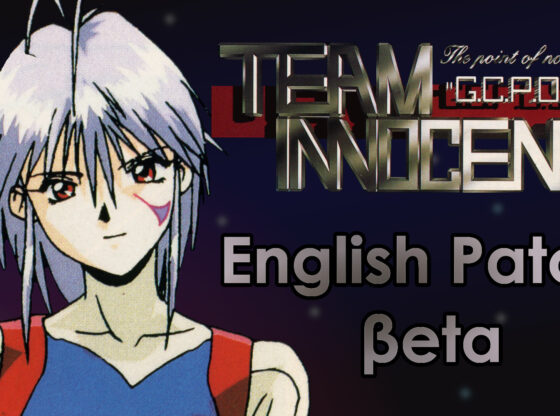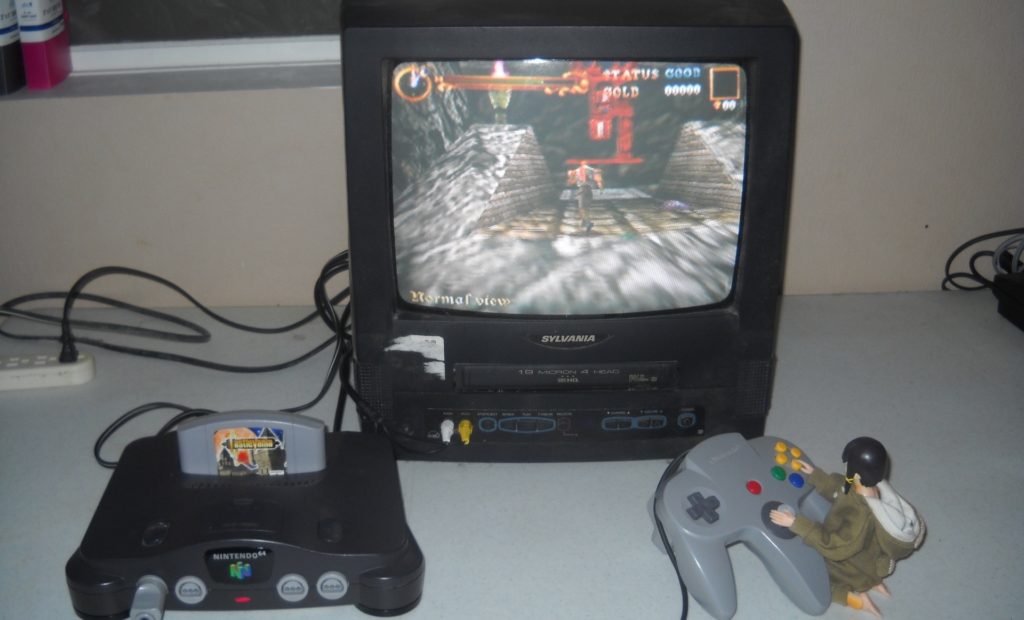
I’ve feared nostalgia for years. Recommending or highlighting something simply because I enjoyed it as a kid feels irresponsible. I usually want to talk about a game’s current day relevance. Yet as I frowned upon analyzing with rose-tinted glasses, I had a lingering sense of doubt. It seems like a silly question ask, but I started to wonder if I was being influenced by nostalgia when choosing what to play.
I spend a lot of time playing titles from a variety of eras, but hands down the majority of them are from the late 90s and early 2000s. I love their mix of ambition, creativity and production values. Nevertheless, they’re also unrefined.
The introduction to 3D sent developers for a loop. Many games looked held together by tape, barely ran at 20 frames per second and featured awkward controls. As someone who was between the ages of 6 and 15 during this time period, you could see why I might be a bit worried. That’s essentially an entire childhood. I don’t replay many titles from my youth. However, they naturally feature similar traits to other releases in their time frame.
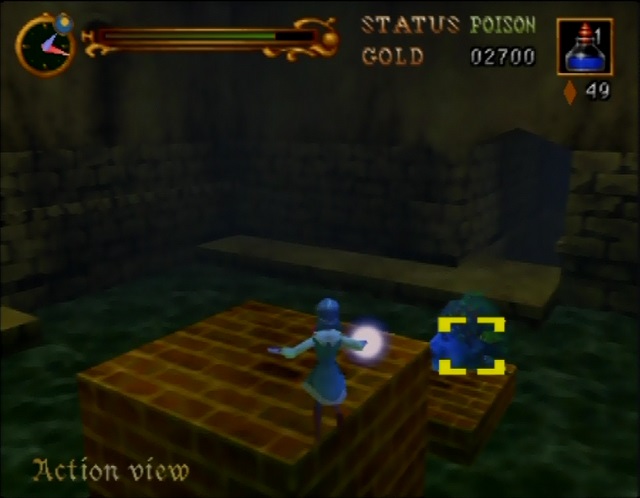
I started second guessing my enjoyment of stuff like Castlevania 64, Blue Stinger and Shadow of Destiny despite being in my 20s as I played them. I didn’t want to believe part of my love for these games came from a desire to recapture an experience, feeling or memory. Today, at the decrepit age of 25, I don’t think that’s the case.
What we expect and understand comes from our past experiences; that’s true for games, too. Lately I’ve been hearing impressions of Dragon Quest Builders from older people who couldn’t enjoy Minecraft. Minecraft is all about its free-form design and being self-motivated in your own goals. You set tasks and mentally reward yourself for completing them. While not true for everyone, those who grew up on objective-oriented model may find they’re unable to feel satisfied without feedback.
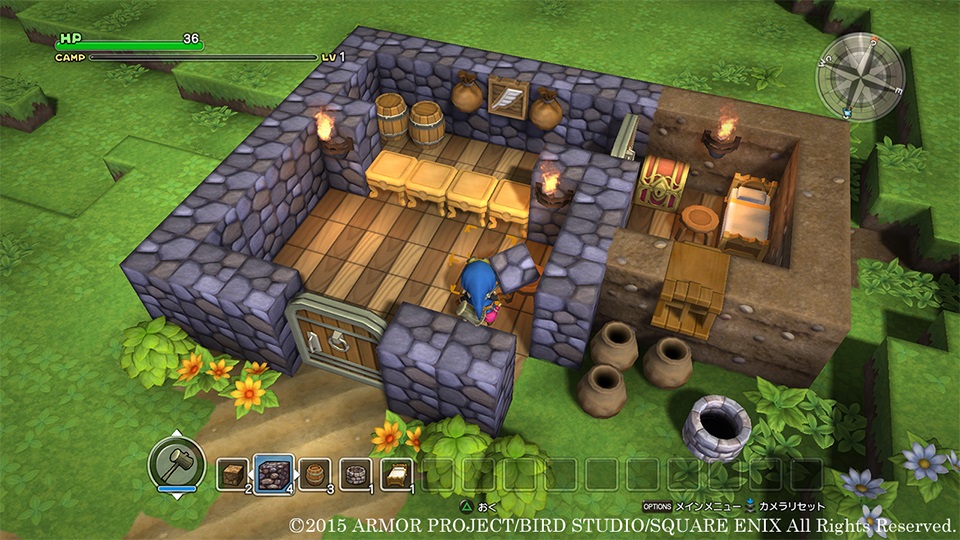
(Image Source: DragonQuest.jp)
Dragon Quest Builders takes the core mechanics of Minecraft and assigns tasks that add structure. It harkens back to 1990’s ActRaiser where the player has the freedom to create their own cities but with a purpose: to grow and strengthen their towns so the citizens can fight back against evil.
Nostalgia is an important element of the Dragon Quest brand. Though what is most significant for Builders is that the formats adds context to comfort its aging fans. This is more than recapturing emotions of the past, it’s serving the preferences of its audience.
The late 90s and early 2000s informed my tastes. Since 2008, the number of titles in that style have dropped significantly. The inflation of development costs and a growing expectations by players for more polished content drove off the bizarre hacked together mid-tier experiences I love.
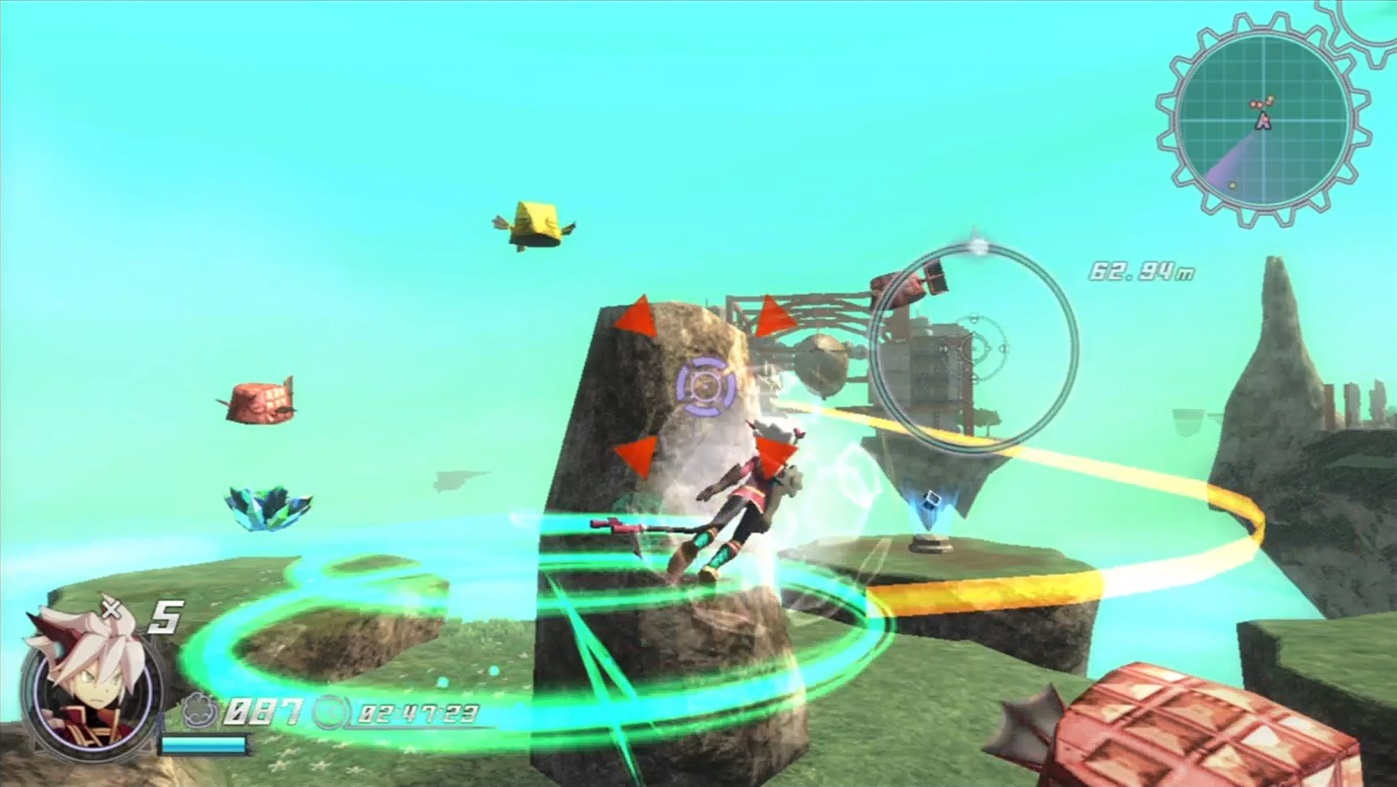
The pickings have been slim for almost a decade. So naturally between the releases of a NIER or a Rodea: The Sky Soldier, I often return to an era that consistently delivers on my expectations. We’re finally seeing a slight return of this kind of game. Digital marketplaces have become more viable and smaller teams are securing funding beyond their own personal assets. Still, its return feels in its infancy.
At first it sounds like I’m making excuses, but what really solidified my feelings on this idea was finally having a emotional experience with a game of my past.
Final Fantasy XI is an MMORPG mostly known for being a numbered entry in a traditionally single-player franchise. I played it from 2003 to 2008, or between the ages of 13 and 18. Well, “lived in it” might be more accurate. If I wasn’t at school, I was at least logged on. The world of Vana’diel was my home and the friends I made there felt like family. Today, it wrenches my heart like no other. Just roaming the world brings back countless memories. Turning every corner reminds me of the struggles, laughter and tears brought about by it.
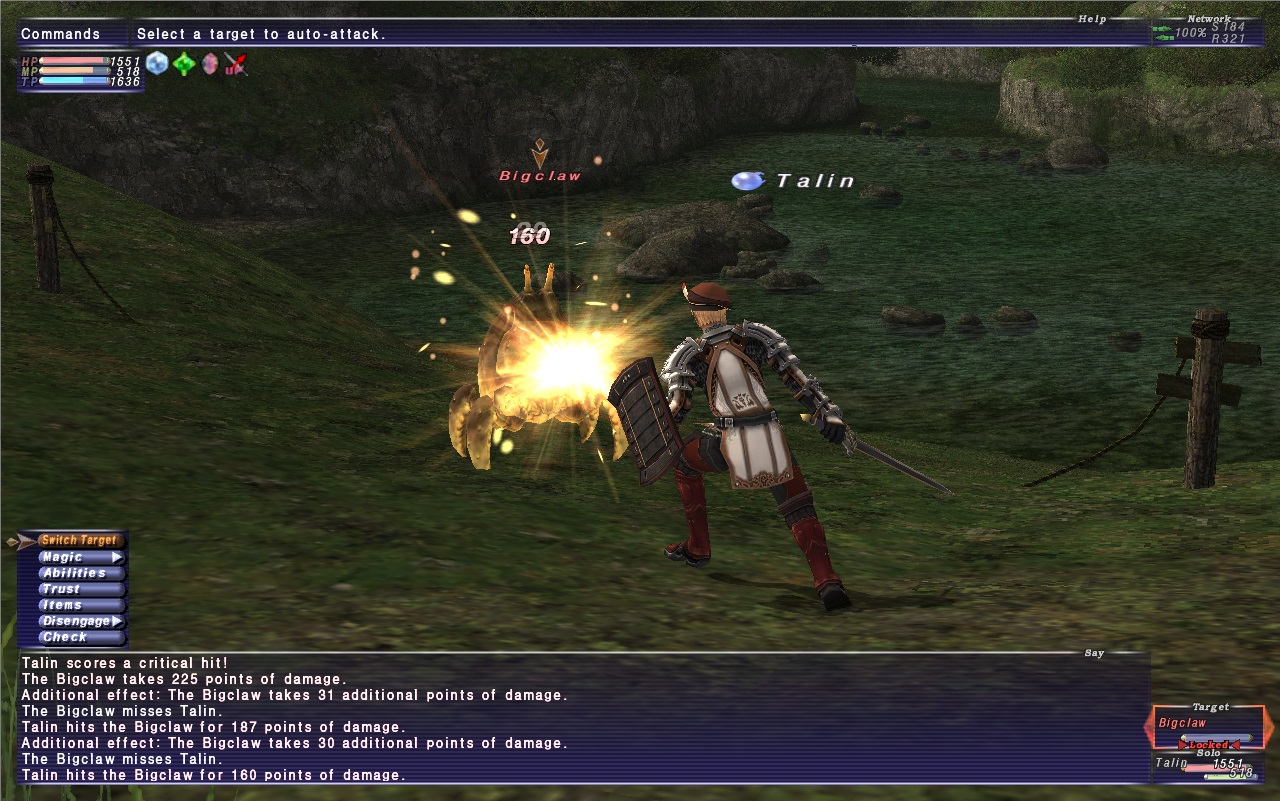
Much time has passed since I stopped playing and the game has been largely been reworked. I’m sure there is a community surrounding newer content and areas. Nevertheless, the olden world and regions I knew are lonely abysses of memories. Prior bustling capitals are now ghost towns. It’s rare to encounter another adventurer in these nearly 14-year-old fields.
At the end of the most recent free-to-play campaign, actually logging out and leaving that world made my heart sink. It’s impossible for me to return to the old days of Final Fantasy XI.
I’ve always missed the game, but this was the first time I was so strongly effected by it. In some ways, I feel blindsided. My idea of what nostalgia might have been seems so far and different from how Final Fantasy XI can tear at my soul.
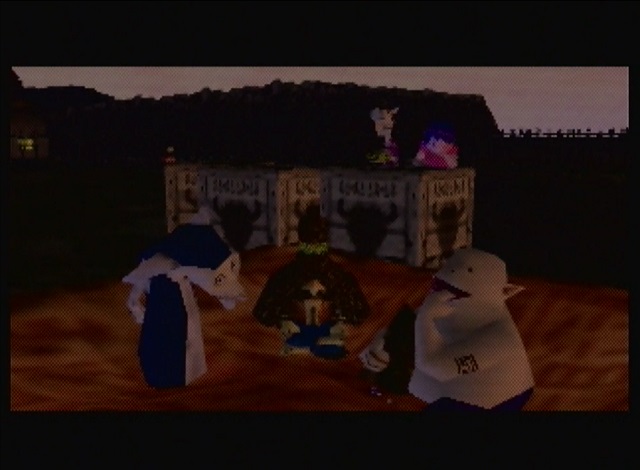
I still don’t like being coerced by nostalgia. I’m sure as I get older I’ll only become more sensitive to the experiences of my youth. Some bits from my childhood, like the credits music from Ocarina of Time, grab my attention more than they used to. Writing about Final Fantasy XI on my Tumblr helped me recognizing that embracing it is probably the best solution as long as I don’t let it cloud my judgment of what games could and can be.


